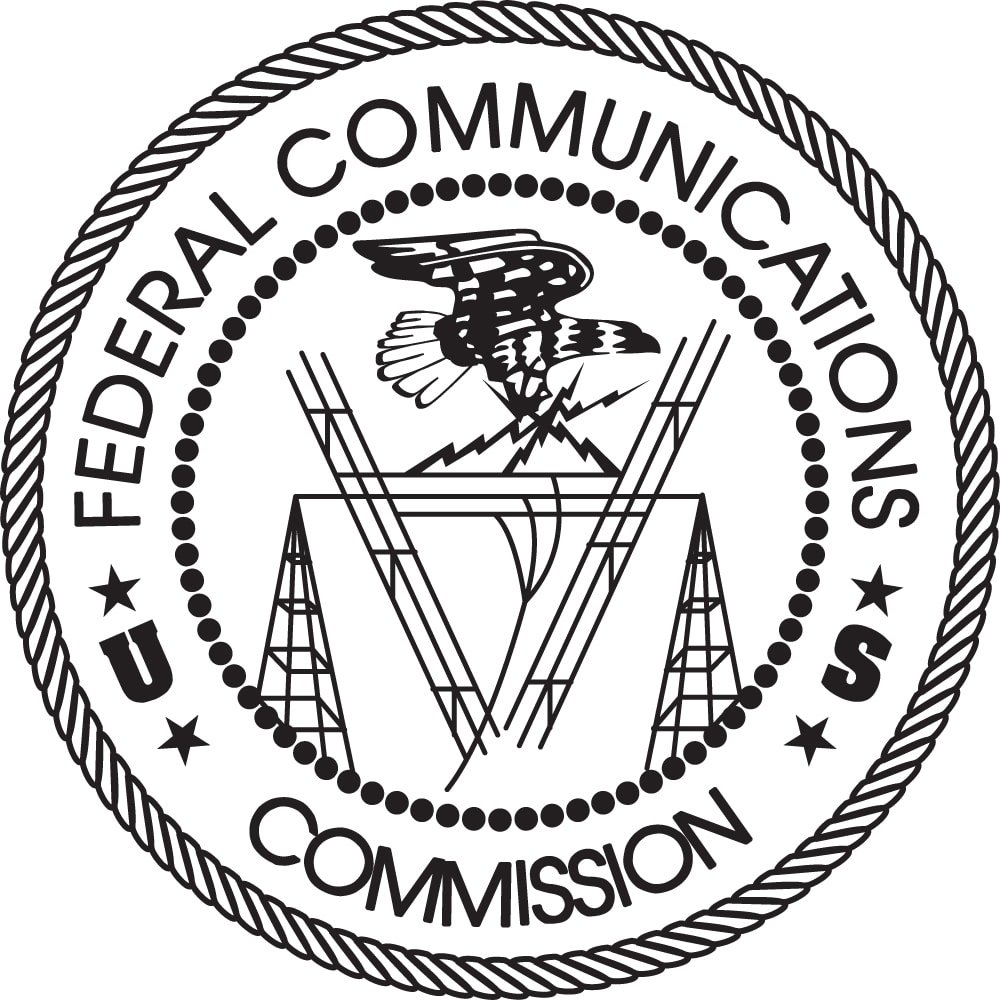
Federal Communications Commission
Established: June 19, 1934
Mission: To regulate interstate and international communications over radio, television, wire, satellite and cable.
Reason for creation: The FCC’s creation was the culmination of decades of governmental efforts to manage the complexities of communications technologies.
The regulation of radio communication dates back to the Wireless Ship Act of 1910 which required cruise ships to have a radio and radio operator on board capable of communicating with other communications systems. When radio noise prevented the sinking Titanic’s emergency alerts from quickly being relayed to authorities, Congress decided that more comprehensive regulation was needed. The subsequent Radio Act of 1912 gave the federal government control over the broadcast spectrum, required that all radio operators be licensed, and gave priority to distress calls. Over the next two decades the radio environment–and policy–continued to evolve.
By the 1920s, commercial radio operators were becoming more prevalent and the broadcast spectrum, which determines the number of frequencies on which radio can be delivered, was beginning to fill up. While the Radio Act of 1912 had required all broadcasters to obtain licenses, the courts had consistently ruled that the government could not stop issuing licenses even if the broadcast spectrum was full. This led to passage of the Radio Act of 1927 and the establishment of the Federal Radio Commission (FRC). The FRC was granted the authority both to assign broadcasters to specific radio frequencies and to deny licenses to broadcasters when the spectrum was full.
The FCC replaced the FRC when Congress passed the Telecommunications Act of 1934, which expanded the government’s jurisdiction to include long-distance telephony.
Impacts: Over its eight decades of operation, the FCC has had to adapt to numerous changes in the media market.
In the late 1930s and early 1940s, the FCC intervened in the media marketplace in order to break up monopolies. Most notable was the FCC’s investigation and report on anti-competitive practices by the National Broadcasting Company (NBC). After years of legal battles— including a case that reached the Supreme Court—the FCC was able to force NBC to split into smaller corporations.
As the licensor of the limited number of broadcast frequencies on radio and then also on television, Congress believed that the federal government should expect broadcasters to serve the public interest and made this a part of the license requirement. This was an early version of the Fairness Doctrine. Later, in an attempt to ensure a diverse representation of information and opinions, the FCC revised the Fairness Doctrine in 1949. The Fairness Doctrine required that broadcasters devote airtime to important issues affecting the public and that, in their explanations of those issues, they include differing points of view. It was eliminated in 1987, however, as different viewpoints became more accessible via cable television and the emerging Internet.
Over the last several decades, the FCC has overseen the growth of the wireless phone network and the Internet. The commission’s regulation of internet providers has led to contentious disagreement around the issue of net neutrality. Net neutrality refers to the principle that internet service providers (ISPs) must treat all internet traffic equally and not block, slow down, or charge fees for certain content. Prior to 2017, the FCC generally upheld net neutrality but has since rejected it.

